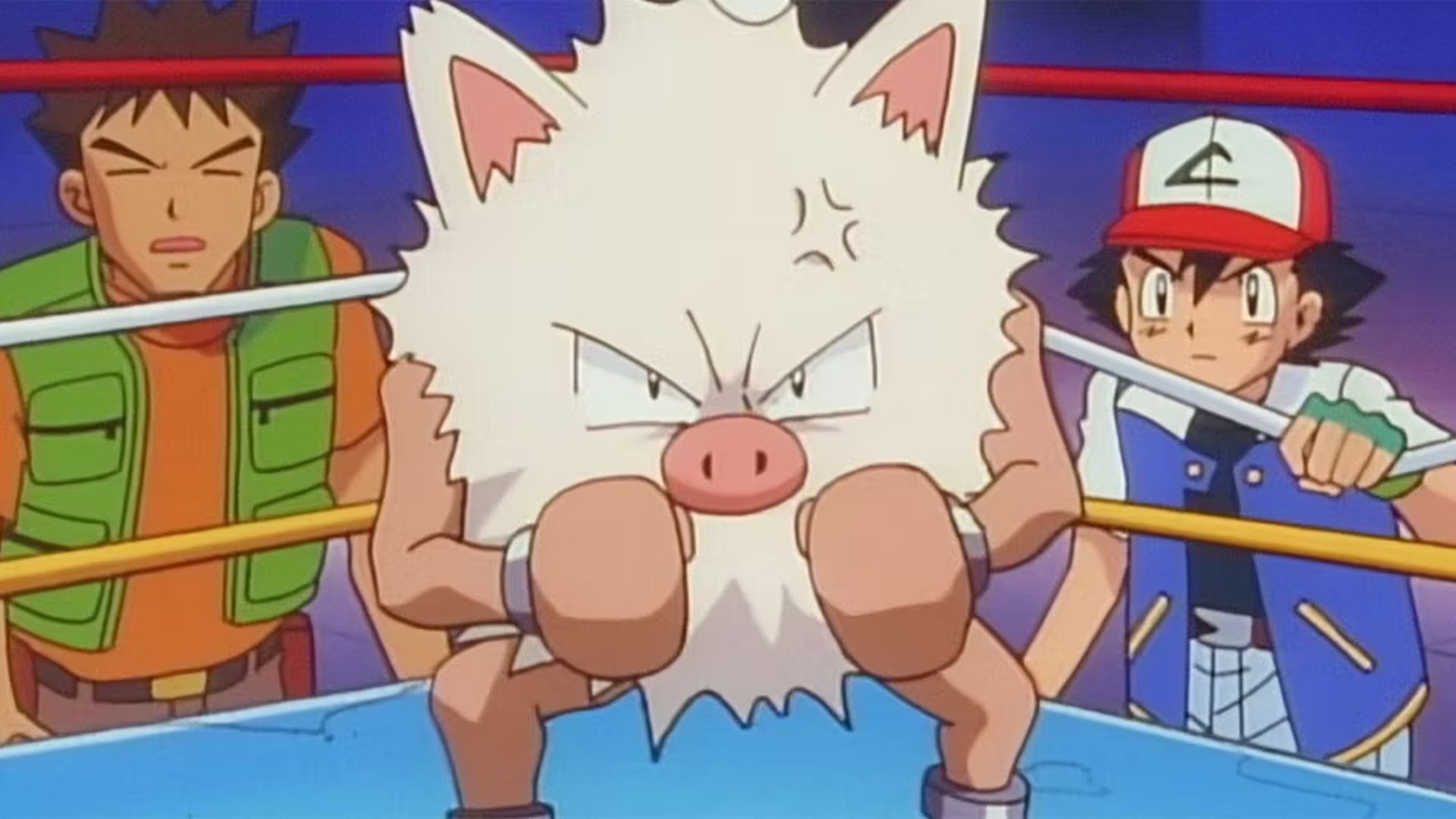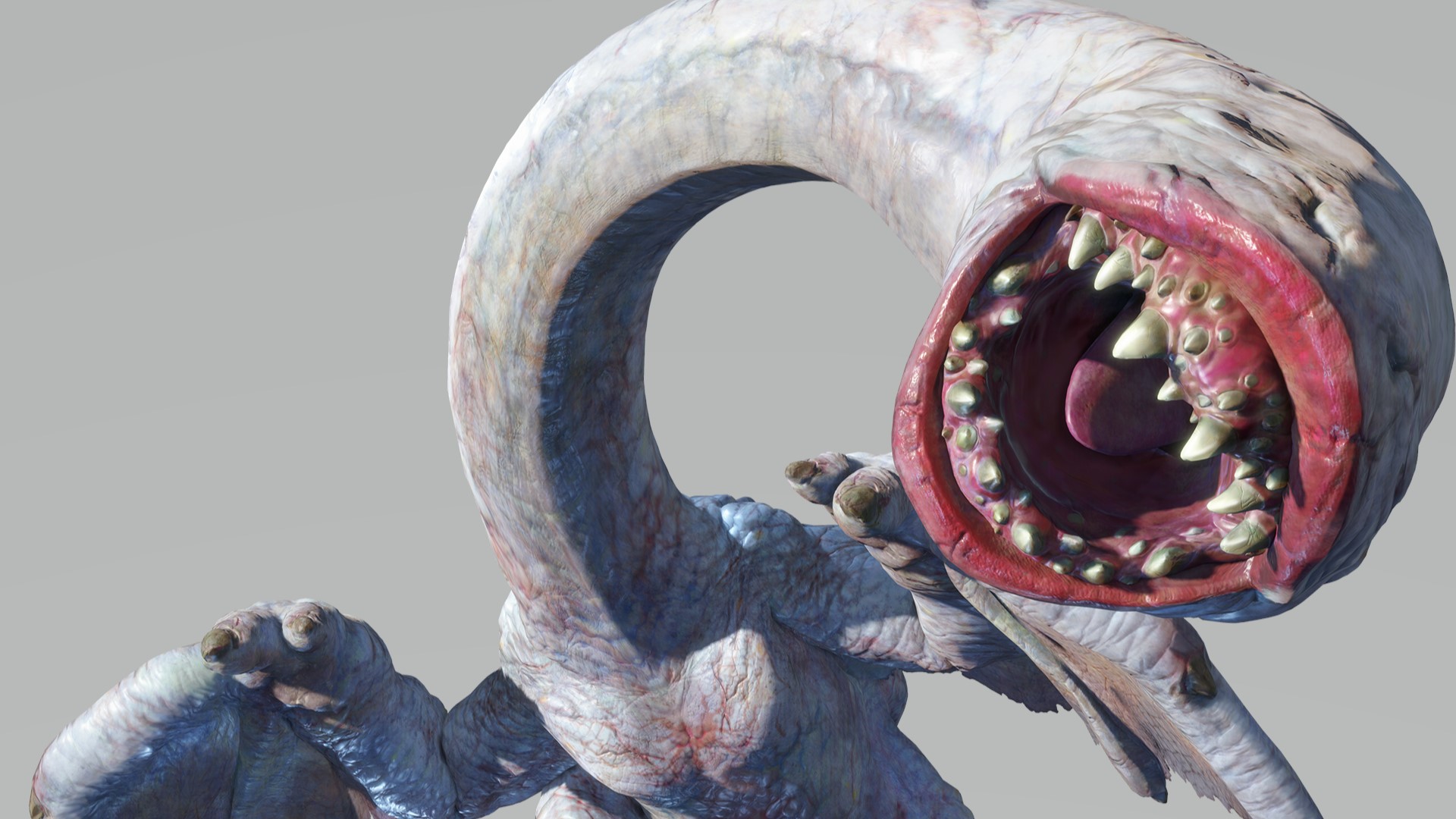Monster Energy has even gone after Pokemon and Monster Hunter for daring to use the word 'monster'
Japanese trademark history shows Monster Energy is litigious worldwide

A few days ago, Monster Energy started beef with yet another indie developer because it was using the exceedingly common word 'monster' in the name of its game, Dark Deception: Monsters & Mortals. This wasn't the company's first trademark dispute, but it put Monster Energy back in the spotlight long enough for some folks to dig up old trademark objections filed against Monster Hunter and even Pokemon – that is, Pocket Monster – in Japan.
These records surfaced via Japanese outlet Automaton, which (per Google Translate) cites "information provided by readers and our investigation." It links to J-PlatPat, a digital library of trademarks, patents, and other similar files. It's a Japanese website, but I was able to wrangle a filtered search for Monster Energy's katakana spelling, and according to these records, the company has indeed filed over 130 trademark objections against a smattering of companies.
Monster Energy, which seems convinced it owns the word 'monster,' is infamously trademark-happy, but there's a bit of a gap between picking on random indies and arguing that Monster Hunter and Pokemon are a threat to your brand. And yes, Pokemon does indeed predate Monster Energy – which didn't really start operating in Japan through Asahi Soft Drinks until 2012, which was also long after Monster Hunter was established.

After its latest filing, I even joked about why Monster Energy hadn't gone after Capcom, but it turns out that in 2016, the company did sting Monster Hunter Cross, the Japanese version of Monster Hunter Generations, on the grounds that it's similar to the Monster brand. I'm going off Google Translate here, but the company straight-up argues that it "gives rise to the pronunciation and notion of 'monster' based on the character portion of '[the MONSTER brand].'"
Japanese trademark laws did not care. "The two differ in the number of constituent sounds and the sense of tone of the words. It is easily discernible," the judgment reads. It adds that Monster Energy and Monster Hunter Cross are therefore "dissimilar trademarks that are unlikely to be incompatible in terms of appearance, pronunciation, and concept, and should be called different trademarks."
Monster's objection to Pokemon X&Y received a similar judgment in 2014. Monster Energy argued, in so many words, that Pokemon X&Y's title and logo are "similar in name and concept" to its brand and "may cause confusion as to the source of the goods." And if nothing else, may I just say that I applaud any company with the cojones to argue on the record that its products could be more recognizable in Japan than Pokemon.
Even translated, the response is withering. "It should be said that the premise of the opponent's allegation that they are similar trademarks having the same concept of 'monster, monster' is erroneous, and there is no reason," the judgment reads. It adds that "there is absolutely no reason to believe" the two are similar, and just to hammer the point home, claims that "no evidence has been submitted that is sufficient to find that there is reason to consider the Trademark to be 'a trademark likely to harm public order or good morals.'"
Sign up to the GamesRadar+ Newsletter
Weekly digests, tales from the communities you love, and more
Of course, we now know that these unsuccessful objections didn't stop Monster Energy from repeatedly firing its trademark cannon, having filed other objections in Japan as recently as November 2022. If nothing else, the company is dogged. Maybe that's the power of energy drinks.
Here's your guide to all the big new games: 2023 edition.

Austin has been a game journalist for 12 years, having freelanced for the likes of PC Gamer, Eurogamer, IGN, Sports Illustrated, and more while finishing his journalism degree. He's been with GamesRadar+ since 2019. They've yet to realize his position is a cover for his career-spanning Destiny column, and he's kept the ruse going with a lot of news and the occasional feature, all while playing as many roguelikes as possible.


